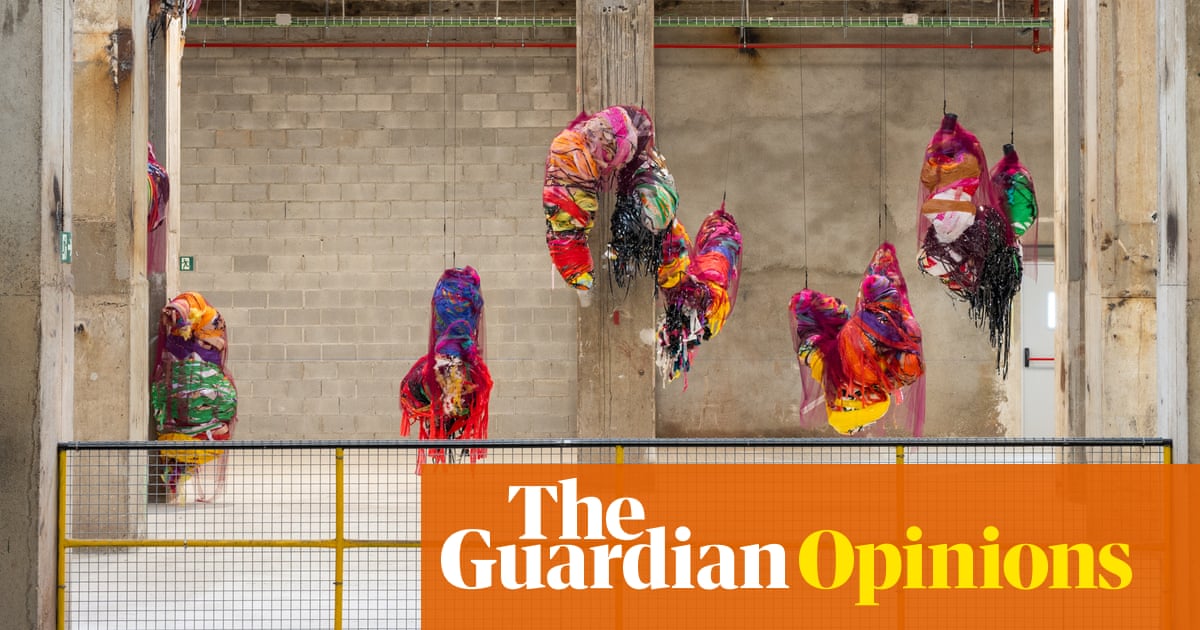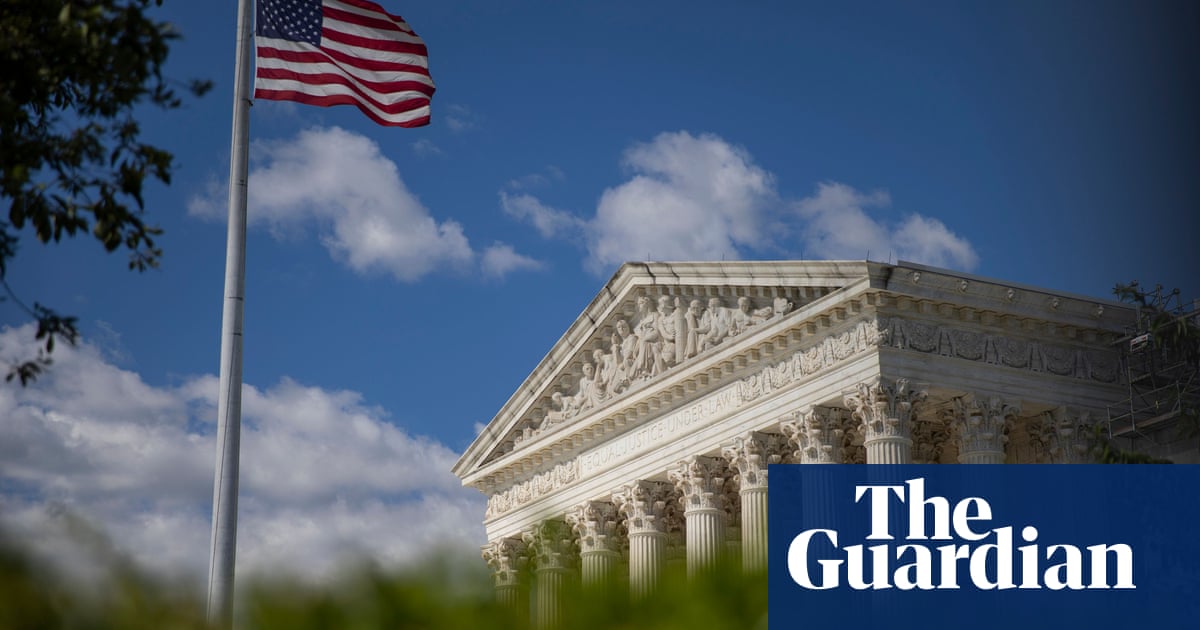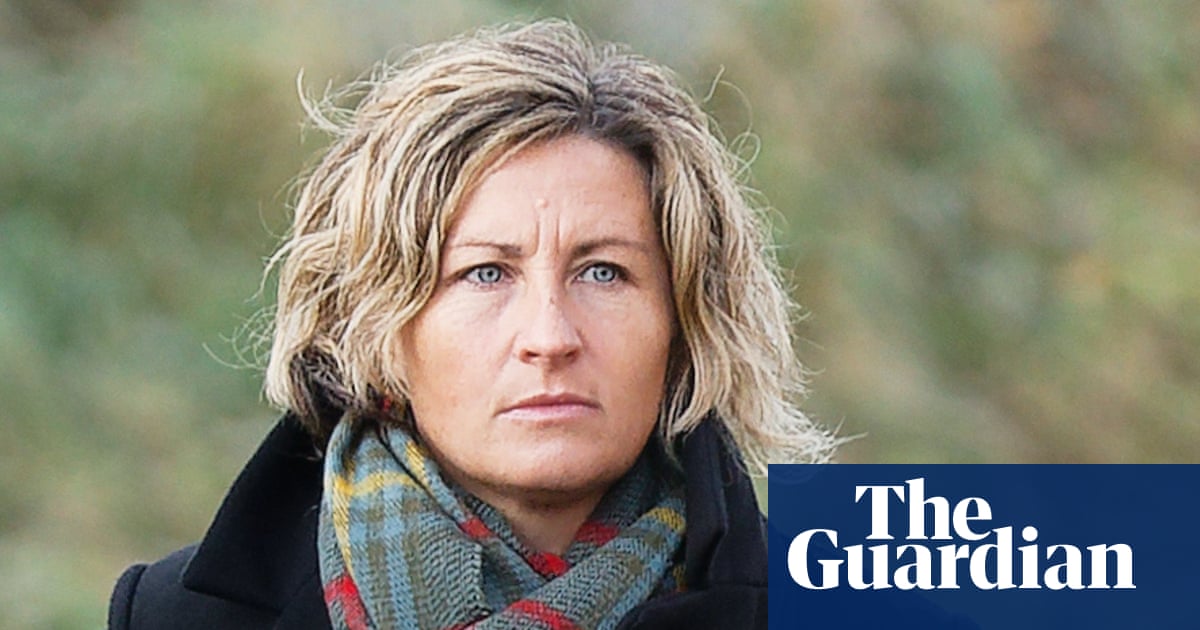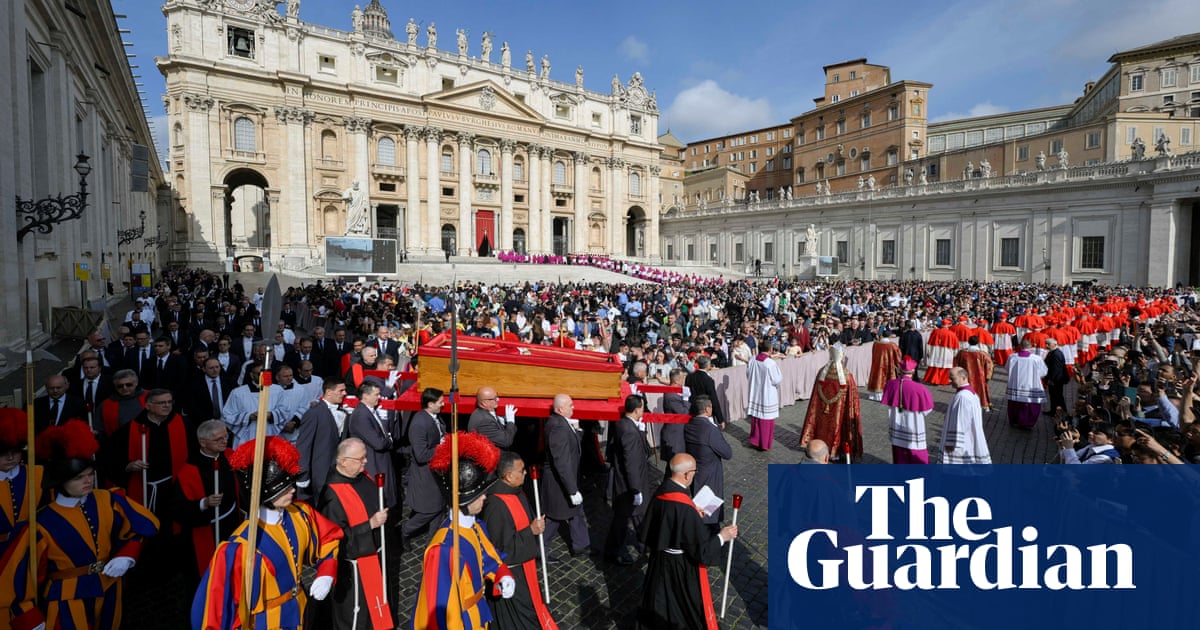In the town of Stornoway, on the Isle of Lewis in the Outer Hebrides, a Tesco supermarket looms large. Overlooking the local Sea Angling Club and hefty circular storage tanks belonging to the town’s fuel depot, its blue and red logo is one of the first sights to greet visitors and residents alighting from the ferry.
Until recently, if you had walked past the superstore on a Sunday, it would have been shuttered, dark and silent, like many shops in the island’s biggest town. Lewis has a strong Christian history, dominated by the Free Church and Church of Scotland. Sabbatarianism – the belief that Sunday should be kept as a holy day in line with the fourth commandment of the Bible – is widely observed and, in some quarters, fiercely protected.
In October, however, the town’s Tesco announced that it was considering opening its doors on a Sunday for the first time. More than 2,000 people signed a petition against the idea and Stornoway community council wrote to the retailer asking it to reconsider in light of the opposition.
It did not, and in November the supermarket giant became the first major shop in the island’s history to open on a Sunday.
On its first Sunday opening, a small group of protesters congregated in the car park, bearing placards quoting Bible verse. But two months on, locals on both sides of the debate express frustration that the row has been seen by outsiders largely as a conflict between religion and modernisation when they are keen to tell a more nuanced story.
Less than 200 yards from Tesco’s front door, a PVC banner nailed to a wall reads “Tesco Stornoway: profit before community values”. It belongs to Charlie Nicolson, a 69-year-old retired community worker. Nicolson is a Christian but, he says, sitting in his front room surrounded by certificates and awards for his community work, his opposition to the move is not about faith.
“For me, this is about greed and money over community. It’s a multinational rolling over the will of the local neighbourhood without any engagement or consultation,” he says, noting that his street has been busier with cars and pedestrians on Sundays since the opening – something he fears will extend to the rest of the island when Tesco begins home deliveries in March. “It’s become similar to any day of the week now, whether you’re in Inverness, Glasgow, Manchester or London.

“The Sabbath is about peace and quiet and tranquillity, a time for family and rest,” says Nicolson, who has since boycotted Tesco completely in protest. “It’s a shame we don’t have it in other areas of Britain and in other nations, because with the pressures on young people and all the challenges of the world, it’s good to switch off.”
In November, a Tesco spokesperson said a consultation had been undertaken and the retailer was “confident the decision … will allow us to balance the demand for a seven-day opening while remaining respectful to local traditions and culture”. The supermarket said it had received positive feedback locally and would only open from noon until 8pm, and that no staff would be forced to work on Sundays if they didn’t want to.
Lewis is home to about 19,000 people, around 8,000 of whom live in Stornoway. While historically there was no transport, shopping or hospitality available on the island on a Sunday, and little activity beyond churchgoing, recent years have seen the introduction of Sunday flights and ferries (in 2002 and 2009, respectively), and the opening of pubs and restaurants. When the first pub, the Whalers Rest, opened on a Sunday in 1998, it had to apply for permission from the licensing board as alcohol sales on the Sabbath were prohibited, and it was originally only allowed to serve drinks with food.
“Lewis is sometimes painted as an old-fashioned, strict kind of place, but things are changing and we’re balancing tradition with moving with the times,” says Emma Mackenzie, who was among one of the first to shop at Tesco on a Sunday.
Mackenzie, 29, represents a diminishing demographic on the island, which has seen an increasing outward migration of young people. According to a report by NHS Western Isles in 2023, the number of women aged 25-44 on the group of islands had fallen by 15% since 2007. Many young people move to the mainland for university education and often end up staying.

“Everyone talks about how young people just up and leave, and we don’t have enough left to fill jobs or care for the older people – but it’s no wonder when they can’t get any work on a Sunday, let alone go and do anything except drink in a pub,” Mackenzie says. “I understand people are protective of their rest and their family time, but they can still have that – nobody’s marching you to Tesco if you don’t want to go.”
Likewise, Chris Hillis, 43, who works in healthcare between Lewis and the mainland, says he hopes the decision by Tesco will start a “domino effect” of other facilities opening.
after newsletter promotion
“I have huge concerns about the mental health of young people here and the drinking culture we have on Sundays because there’s nothing else for them to do,” Hillis says. “There’s a real cultural stagnation and status-quo bias where mostly older people argue they don’t want things to change. But this is the reality of modern living.”
In Stornoway town centre, on a lunch break last week from her job at a local shop, Hannah Stewart, who is in her 30s, disagrees. “Regardless of whether you’re very religious or not, you should have one day a week where you can just chill out, relax and not feel obliged to go anywhere,” she says. “And for people who work, it’s nice to know that at the end of every week you’re going to have that one day off that’s a ‘you’ day.”
It is hard to predict whether other retailers will follow suit, Stewart says, because local sentiment remains so divided. Even within families there isn’t consensus: her sister, she acknowledges, takes precisely the opposite view.
Tesco said it had welcomed “hundreds” of shoppers on Sundays since November and, anecdotally, residents say it has been busy.
Norman MacDonald, 63, is a taxi driver and independent councillor. He has spent the last 20 years, he says, “chipping away” at sabbatarianism, primarily by campaigning for golf courses to open on Sundays – although, he says, he probably wouldn’t partake in a round if they were open despite enjoying golf on Sundays when visiting the mainland. And he still would not mow his lawn or wash his car on a Sunday out of respect for his neighbours.
Tesco has beaten him to it – he never has managed to get golf courses open on the Sabbath. And the supermarket’s actions have made him rethink the issue.
“I was radically for everything being open on a Sunday all my adult life – but then this Tesco thing happened and I found myself surprised that it changed my mind,” he says. “It’s almost like I considered it a bridge too far. We needed Sunday flights and ferries, and there have been movements for things like golf and swimming. But nobody has ever said to me: ‘Tesco must open on a Sunday.’
“I’m one of the ones that chipped away, but now I’m seeing the bigger picture: when the rug is completely pulled, we won’t have the things that made us quirky and special. We’ll look around and realise we’re just the same as everywhere else.”

.png) 2 months ago
22
2 months ago
22













































